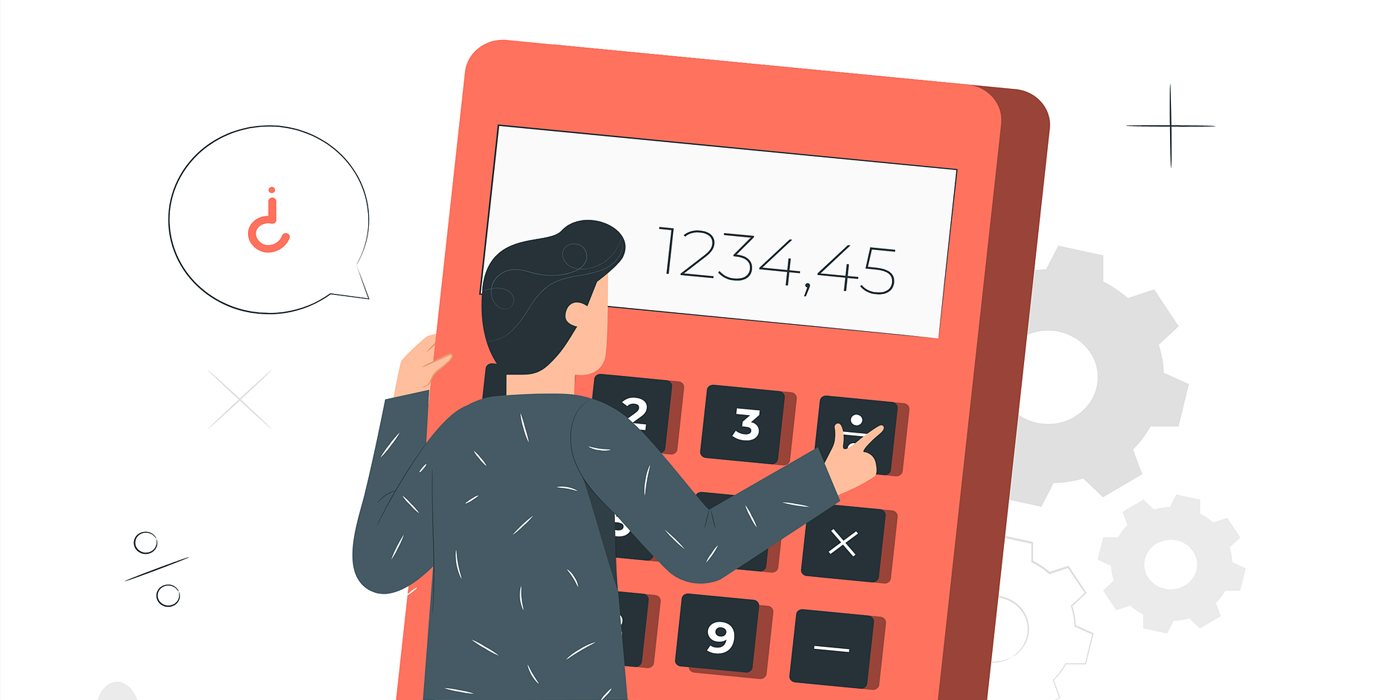When VAT started in UAE?- Introduction
Value Added Tax (VAT) is a tax on the value added to goods and services at each stage of production and distribution. The final consumption of goods and services is subject to this indirect tax. VAT introduces in the United Arab Emirates (UAE) on 1 January 2018. However, the UAE began the process of implementing VAT several years earlier.
The idea of introducing VAT in the UAE was first proposed in 2008 by the Gulf Cooperation Council (GCC). The GCC is a political and economic alliance of six countries in the Middle East: Bahrain, Kuwait, Oman, Qatar, Saudi Arabia, and the UAE. The GCC proposed the introduction of VAT as a way to diversify the revenue streams of member countries and reduce their reliance on oil revenues.
In 2010, the UAE and other GCC member countries started to work on the legal and technical framework for introducing VAT. They established a specialized committee to study the issue and make recommendations. The committee conducted a feasibility study, examined international best practices, and consulted with experts and stakeholders.
When VAT started in UAE?
In 2015, the UAE government announced that it would introduce VAT in 2018. The government also announced that certain goods and services, such as healthcare and education, would be exempt from VAT.
The UAE government then started a campaign to inform the public and business community about the impending VAT system. It held workshops, seminars, and training sessions to help companies understand their obligations under the new tax system. The government also established a dedicated website for VAT that provided information and guidance on the new tax.
In the months leading up to the introduction of VAT, businesses in the UAE prepared for the new tax system. They reviewed their accounting systems, trained their staff, and updated their invoices and contracts to comply with the new requirements. The UAE government also provided businesses with a grace period of three months, during which they could adjust to the new tax system without penalty.
When was vat implemented in UAE?
On 1 January 2018, VAT was introduced in the UAE. Most products and services, including alcoholic beverages, apparel, electronics, and legal and accountancy services, were subject to tax. The 5% VAT rate applied to the final sale price of goods and services, and businesses were required to register for VAT and charge the tax to their customers.
The introduction of VAT in the UAE was a significant step for the country. So the government generated income and expanded the economy underwent a considerable change in terms. It also brought the UAE in line with other countries around the globe that have long had VAT systems in place.
Since the introduction of VAT, the UAE government has continued to refine and improve the tax system. It has provided businesses with additional guidance and support, including the publication of VAT guides and manuals. In response to comments from companies and the general public, the government has also changed the VAT policy.
When VAT started in UAE?- FAQ
What is VAT in UAE?
In the United Arab Emirates, sales of goods and services are subject to the consumption tax as value-added tax (VAT) (UAE). When compared to other nations with a VAT system in place, the UAE’s typical VAT rate, which is 5 percent, is low. Most healthcare, educational, and financial services are among the products and services that are free from VAT.
Businesses in the UAE that have registered for VAT predict to add VAT to the price of the products and services they offer and submit regular VAT returns to the FTA. Additionally, businesses can recoup any VAT they pay on purchases, which lowers the overall tax burden. However, the introduction of VAT has also helped to diversify the UAE’s sources of revenue and reduce its reliance on oil exports.
The UAE is one of several countries in the Gulf Cooperation Council (GCC) that have implemented a VAT system in recent years as part of a broader effort to create a more sustainable and diversified economy. Saudi Arabia, Bahrain, and Oman are other GCC nations with a VAT system in place.
Is VAT undercutting the UE’s?
The introduction of VAT in the UAE did not anticipate to result in price competition with the European Union (EU). It is challenging to directly compare the tax systems and policies of the EU and the UAE because they are separate political and economic organizations.
While the UAE’s VAT rate of 5% is relatively low compared to the average VAT rate in the EU, which is around 21%, it is crucial to note that VAT is only one of many factors that influence the competitiveness of businesses and economies. Other factors, such as labor costs, infrastructure, and regulations, can also play a crucial role in determining competitiveness.
Remember that the UAE did not impose VAT to unfairly compete with any other economic region or nation. Instead, it set in place as a component of a larger plan to diversify the UAE’s sources of income and reduce its reliance on oil exports. For investors and business owners, a more predictable and transparent tax system develops as the starting point of the development of the VAT.
It seems unlikely that the introduction of VAT in the UAE will have a significant impact on the EU or any other economic bloc, even though it may have some influence on the region’s businesses’ ability to compete. In the end, most factors affect how companies and economies perform; therefore, rather than concentrating on a single component, such as VAT, it is vital to remember factors as a whole.


